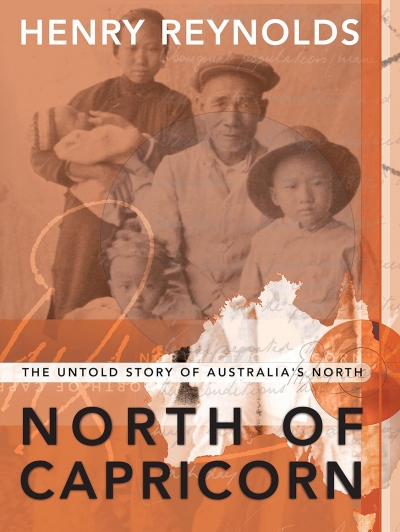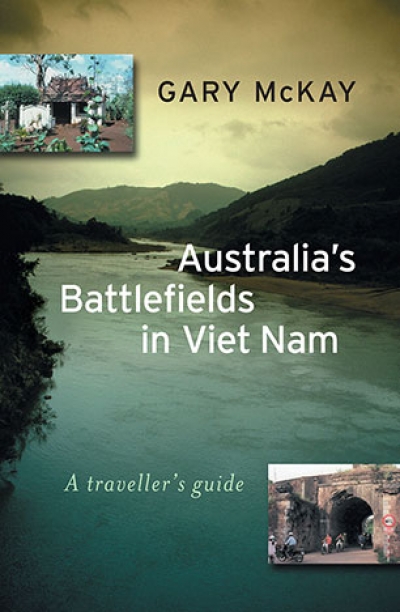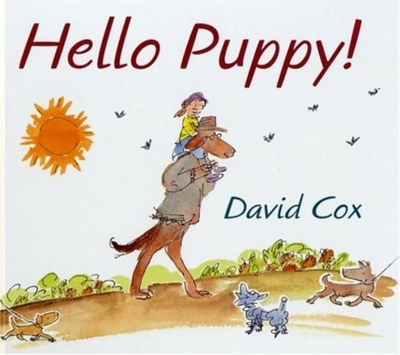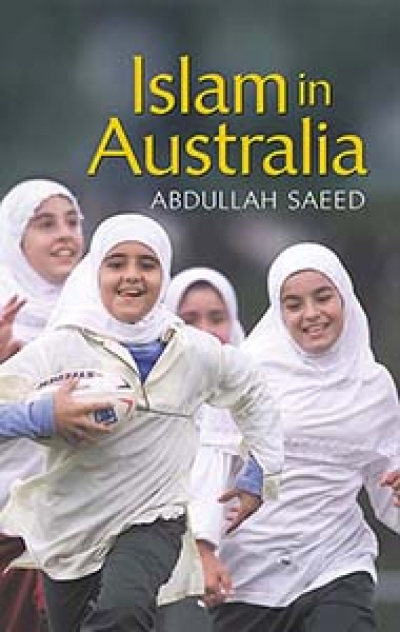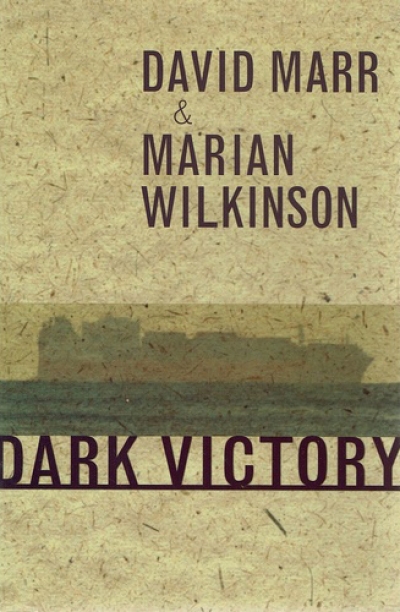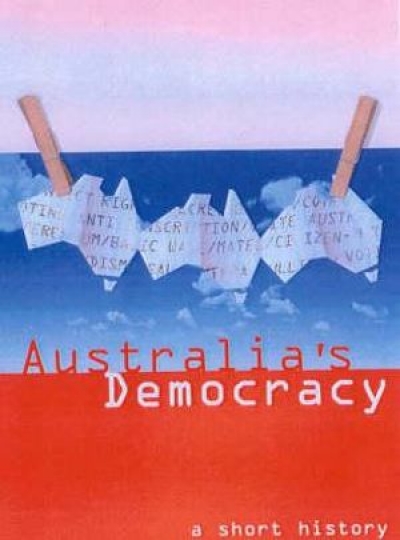Allen & Unwin
North of Capricorn: The untold story of Australia’s north by Henry Reynolds
by Nicholas Jose •
Australia’s Battlefields in Viet Nam by Gary McKay & On the Offensive by Ian McNeill and Ashley Ekins
by Jeffrey Grey •
Hello Puppy! by David Cox & Milli, Jack and the Dancing Cat by Stephen Michael King
by Virginia Lowe •
Dark Victory by David Marr and Marian Wilkinson & Don’t Tell the Prime Minister by Patrick Weller
by Morag Fraser •
Australia’s Democracy by John Hirst & The Citizens’ Bargain edited by James Walter and Margaret Macleod
by Patricia Grimshaw •

